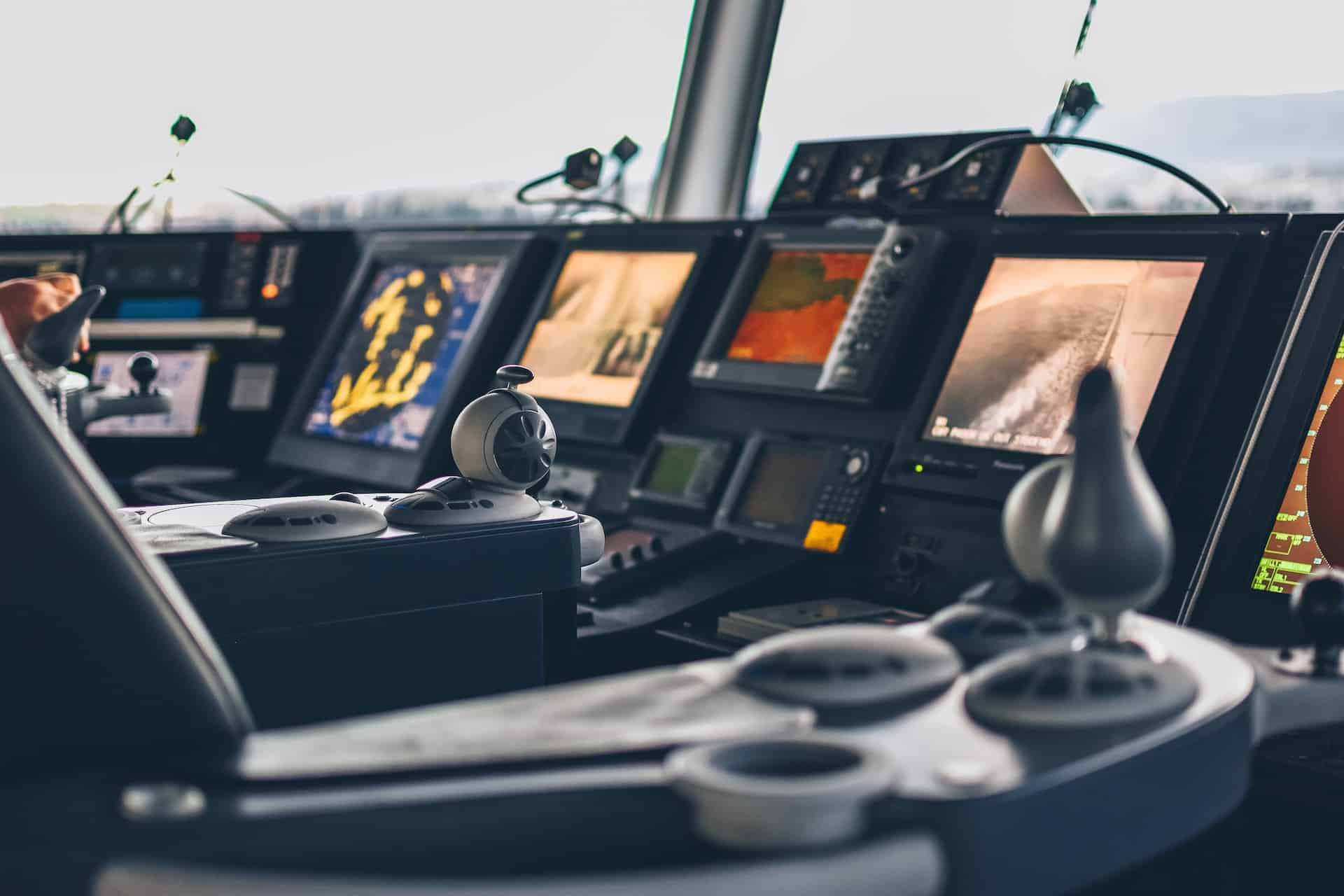This article discusses effective strategies and best practices employed to enhance maritime security and combat piracy incidents, with a specific focus on the Gulf of Guinea. From advanced technology and international cooperation to capacity building and information sharing, these approaches aim to safeguard vessels and crew members from piracy threats.
Maritime security is of paramount importance in safeguarding international trade, ensuring the safety of seafarers, and protecting coastal regions from piracy incidents. In recent years, the Gulf of Guinea has emerged as a hotspot for piracy, requiring concerted efforts to combat this menace. This article examines the strategies and best practices employed to enhance maritime security, with a focus on anti-piracy maritime security services and initiatives in the Gulf of Guinea.
Advanced Technology & Surveillance Systems
With the advancement of technology, various cutting-edge systems are being deployed to enhance maritime security. These include the use of satellite surveillance, Automatic Identification Systems (AIS), and Long-Range Identification and Tracking (LRIT). Satellite surveillance allows for real-time monitoring of vessel movements, while AIS and LRIT enable the identification and tracking of ships, promoting transparency and deterring pirate activities. Additionally, the use of drones and unmanned aerial vehicles (UAVs) provides a valuable tool for surveillance and early detection of potential threats.
International Cooperation & Joint Patrolling
International cooperation plays a crucial role in combating piracy incidents. The Gulf of Guinea has witnessed collaborative efforts among regional and international navies. Joint patrolling initiatives, such as the Yaounde Code of Conduct, facilitate coordinated responses to piracy incidents. The sharing of information, intelligence, and best practices among naval forces enhances situational awareness and strengthens the collective response against piracy. In the Gulf of Guinea, anti piracy maritime security services, along with regional and international initiatives, are striving to create a safer and more secure maritime environment.
Capacity Building & Training
Building the capacity of local maritime forces and institutions is essential for sustainable maritime security. Developing the skills and expertise of naval personnel, coast guards, and law enforcement agencies equips them with the necessary tools to address piracy threats effectively. Training programs focused on maritime law enforcement, boarding operations, crisis management, and intelligence gathering enable personnel to respond swiftly and professionally to piracy incidents.
Information Sharing & Reporting Mechanisms

Timely and accurate information sharing is critical for deterring piracy incidents and facilitating a swift response. The establishment of reporting mechanisms, such as the Maritime Domain Awareness for Trade – Gulf of Guinea (MDAT-GoG), enables the sharing of information on piracy incidents, suspicious activities, and vessel movements among maritime stakeholders. Enhanced information sharing fosters a collaborative approach to maritime security, helping authorities respond effectively to potential threats.
Private Maritime Security Companies (PMSCs)
The engagement of private maritime security in the Gulf of Guinea has become a widely adopted practice to mitigate piracy risks. PMSCs provide armed security teams on board vessels traversing piracy-prone areas. These teams are equipped with the necessary training, equipment, and legal expertise to deter and respond to piracy incidents effectively. PMSCs work closely with vessel operators, adhering to strict guidelines and regulations, ensuring the safety of crew members and cargo.
Regional Cooperation & Capacity Development
Regional cooperation and capacity development initiatives play a pivotal role in addressing piracy in the Gulf of Guinea. The establishment of regional information sharing centers, such as the Interregional Coordination Center for the Implementation of Regional Strategy for Maritime Safety and Security in Central and West Africa (ICC), fosters collaboration among regional states. These initiatives focus on capacity building, promoting legal frameworks, and sharing best practices to enhance maritime security in the region.
Enhancing maritime security and combating piracy incidents requires a comprehensive approach that encompasses advanced technology, international cooperation, capacity building, and information sharing. By implementing these strategies and best practices, the international community can continue to safeguard vessels, protect seafarers, and deter piracy threats effectively.








